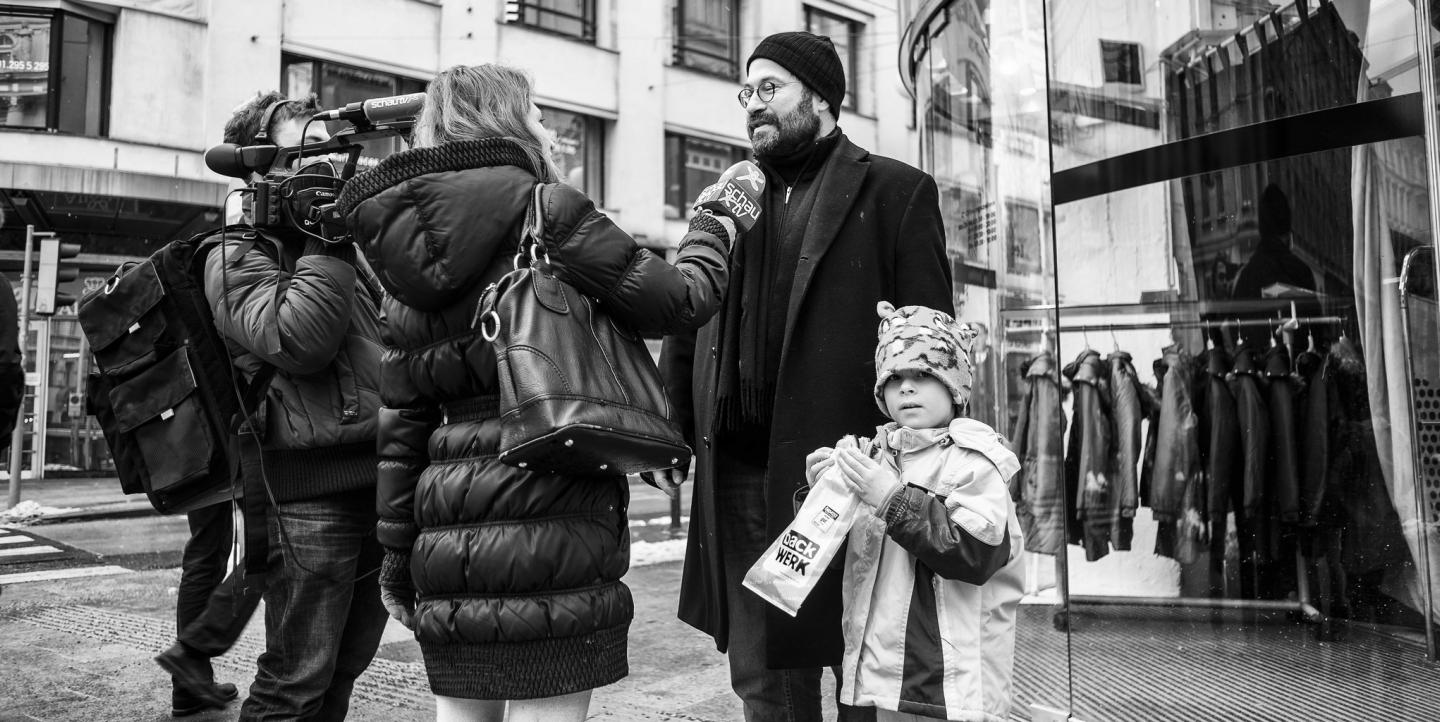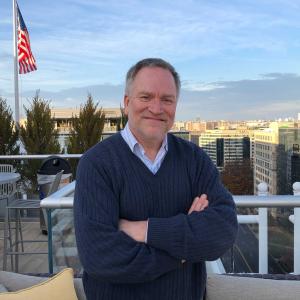The shift toward online and mobile media has undoubtedly blurred the line between journalism and activism – and maybe that’s not such a bad thing, members of both camps said during a recent panel discussion on the subject at the International Symposium on Online Journalism (ISOJ).
Joel Simon, executive director of the Committee to Protect Journalists, cited the case of Wikileaks chief Julian Assange. There’s a robust debate about whether he should be considered a journalist or not.
“That debate is interesting but it’s really a side show. If Assange were ever tried for publishing leaked documents then all journalists are at risk,” he said. “Journalists are freer, safer and more secure when the line that separates journalists and activists is just a little blurry.”
Simon was a panelist during a session at the symposium, which is organized by the Knight Center for Journalism in the Americas at the University of Texas at Austin.
"Journalists are safer when the lines between journalism and activism are just a little blurred", @Joelcpj at #ISOJ pic.twitter.com/NaXXKE0JZK
— Borja Bergareche (@borjabergareche) April 15, 2016
Jake Horowitz, founder of online-only Mic.com, said reporters in the social-media era are more likely to erode the wall between their personal and professional lives than journalists of the past, when (at least in the United States) it was taboo to publicly express any sort of opinion about anything. A focus in journalism now, he said, is “sharability” – and people are more likely to share things about which they feel a strong emotional connection, be it exuberance or outrage.
Still, he said, it’s a myth that young consumers of information don’t care whether their sources are biased or not.
“Younger readers say they’re very tired of partisan media; they don’t want to be told what to believe,” he said.
Horowitz said that journalists in his newsroom regularly talk about issues such as climate change and the Black Lives Matter movement. It can be hard for them to pretend to be impartial on issues they feel passionately about. Pam Fine, president of ASNE and Knight Chair for News, Leadership and Community at the University of Kansas, recounted an example from a young web editor after the U.S. Supreme Court’s decision striking down bans on same-sex marriage.
The journalist had posted a story and seen overwhelmingly positive reaction on the organization’s social media. A higher-level editor told the journalist to be sure to include the “other side,” Fine said.
“When the manager walked away, that editor said out loud, ‘At some point, journalists all thought that slavery was bad. When will we agree that gay marriage is right?’”
Daniela Gerson, community engagement editor at The Los Angeles Times, showed several examples of online stories done by the Times that some might think crept into advocacy. “We heard about how immigrant children felt their parents were being portrayed, so we did a video interviewing children called ‘Dear Mr. Trump.’” In it, children of immigrants refuted points made by Trump about their parents – with no attempt to represent the views of those who support Trump’s views on immigration.
Emma Daly, Human Rights Watch communications director, said that her organization’s investigators on the ground probably don’t seem much different from journalists. They interview all sides – even perpetrators of human rights violations, if possible. They follow a code of conduct, especially when conducting interviews on sensitive issues. They produce in-depth reports that must be based on fact, not opinion. But, “we don’t stop at the story; we push recommendations to address the problem.”
Even journalism is moving in that direction, she said, with the movement toward “solutions journalism” – not just laying out the problem, but proposing ways to make it better.
Simon pointed out that in countries where CPJ works, it’s often considered quite appropriate for journalists to be advocates, especially for their own freedom to report without government interference.
Daly agreed. When you’re pushing to be able to tell stories that the government doesn’t want to hear, she said, “you are in a sense a human rights advocate.”
Patrick Butler is the Vice President of Programs for the International Center for Journalists.
Main image CC-licensed by Flickr via Luca Sartoni.


